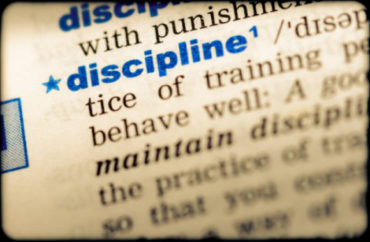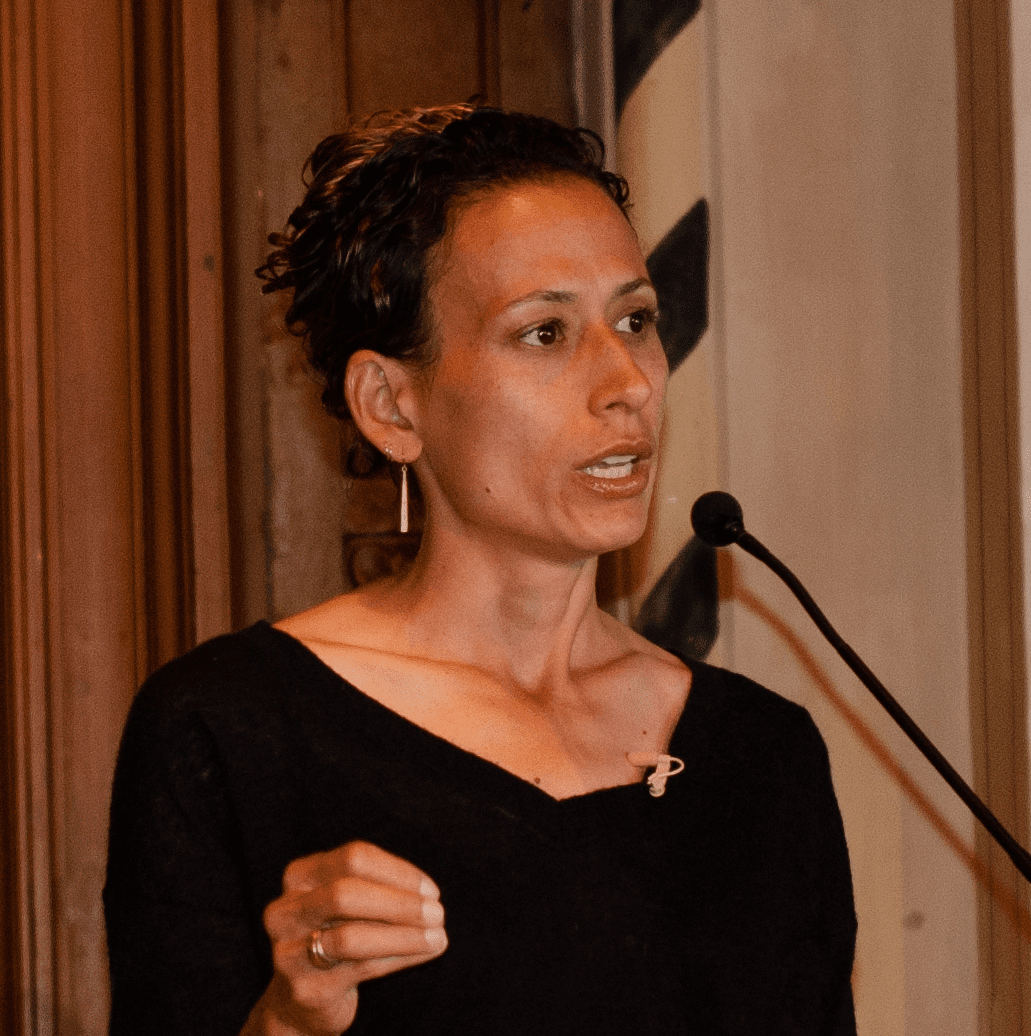
But progressives unhappy
As parents and teachers are getting more and more disgusted with student discipline — or the lack thereof — states are responding.
A new law in Kentucky, for example, allows for students to be suspended for profanity, “willful disobedience or defiance of the authority of the teachers or administrators,” “defacing school property” and alcohol and drug use, The Sentinel Echo reports.
It also mandates a year’s expulsion for violent threats and/or bringing a weapon to school.
The law was a highly popular bipartisan effort according to the report, but some invoked common left-wing arguments against it.
One was the Louisville Metro Council’s Kumar Rashad who said “students of color are disproportionately suspended,” and that the law “might lead to an increase in crime.”
“When we talk about expelling the student for a whole year, that’s going to send these students out on the street. You want crime to go up? Let’s do that,” Rashad said.
Rashad is a former alternative school teacher who designed a “Developing Black Historical Conscience” course and wanted the National Education Association, the nation’s largest teachers union, to create a task force to fight back against “anti-critical race theory rhetoric.”
 Thalia González (pictured), co-director of University of California Law San Francisco’s Center for Racial and Economic Justice, blamed right-wing rhetoric for laws like Kentucky’s — “We are in a period of retrenchment in this country,” she said.
Thalia González (pictured), co-director of University of California Law San Francisco’s Center for Racial and Economic Justice, blamed right-wing rhetoric for laws like Kentucky’s — “We are in a period of retrenchment in this country,” she said.
MORE: Teacher shortage? Then allow teachers to discipline students again
A 2019 study by González (who researches restorative justice, education law, and critical race theory) claims punitive disciplinary measures “deny students important educational opportunities” and can exacerbate “existing social, economic, and health disparities.”
[Republican State Rep. Steve] Rawlings, the Kentucky lawmaker, said a tougher approach is necessary. In Boone County, he said, many teachers reported feeling unsafe in the classroom, which hurts recruitment and retention at an already difficult time coming out of the pandemic years. He noted that some Democrats, including Gov. Andy Beshear, supported the changes.
Before, Rawlings said, “teachers felt that under Kentucky law they were constrained. They had to keep the student in the classroom. The new law allows teachers to go through a process, which involves parents and principals, and a series of steps to put that [disruptive] child in an alternative setting.”
Beshear told local reporters he signed the bill because of safety concerns “at a time when we’ve seen some really scary incidents across the country,” according to The Associated Press.
Similar arguments carried the day in West Virginia, said state Rep. Marty Gearheart, a Republican and the House majority whip.
Gearheart, a sponsor of the bill, said teachers, principals and other school officials were adamant that something had to be done to tame disruptive classroom behavior.
Last June, the American Federation of Teachers found almost 90 percent of educators said “poor student discipline and a lack of support for dealing with disruptive students” were a “very serious” or “fairly serious” problem.
Seventy-five percent also said teaching conditions had “deteriorated” over the last five years.
MORE: Teacher: A student stole my car and received no discipline from the school, cops
IMAGES: Shutterstock.com; UC Law San Francisco





Please join the conversation about our stories on Facebook, Twitter, Instagram, Reddit, MeWe, Rumble, Gab, Minds and Gettr.